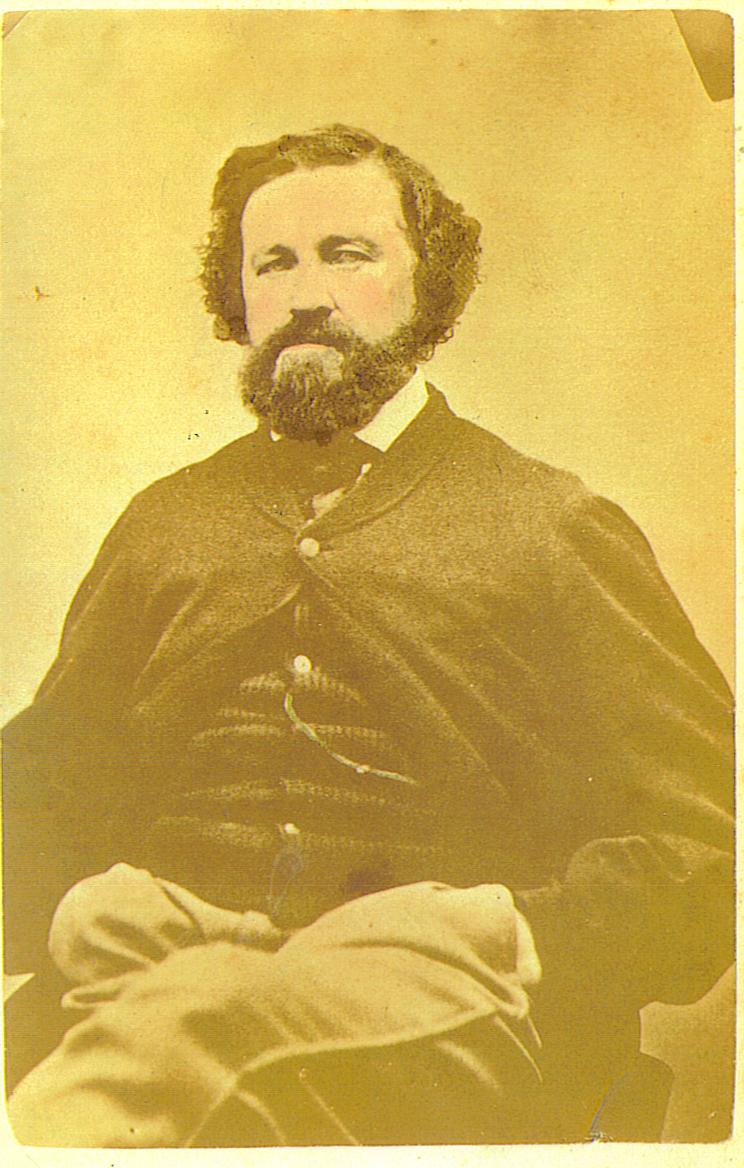
“I think that’s exactly where my head was. The songs sound like they are the only way they could be. Craft went into it, but I don’t hear the craft. I mention that the word “organic” is one that I had thought of when I listened to this record. So when I feel like I’ve fallen out of it I put the guitar down and come back to it another time.” I want it to feel natural and organic and like it sprouted out of the ground, and the only way to get those kinds of creations is to be in that place where you’re trusting your intuition more than your rational thinking. I don’t like it when I can see the gears turning in the music. Because I never want any of the songs to feel like I’ve worked them.

And then sometimes there’s a point at which that flow you mentioned, you kind of get out of it, you fall out of it. Probably in 20 minutes or something like that. I think I wrote the bulk of it in one sitting. I ask him if this was a song that he wrote quickly or if it took a long time. Sometimes they come quickly but it’s very clear to me when the line is right and when it’s not there yet.”

It doesn’t always happen but you know when you’re there and I know when I finally come upon the right line. And then plenty of times, most of the time, later on, I go back and look at the song and go ‘Oh yeah, I see where that came from.’ But as I’m writing it I don’t always have access to that, and that’s a good thing.” All I have to do is fumble around and discover these things, discover these lines, and they feel true or they feel like they’re leading somewhere, and I just sort of follow it. So I don’t have to sit down and map out a plan and understand why. It allows me to operate, to create, at a place not where my rational mind is always. What I love about writing, what I love about songs, is that you don’t have to know why they work for them to work. “I was noticing myself that those images come up a lot in the whole record,” he says. In the poem-picture one can imagine a solitary figure sailing down the river as the water reflects the moon. And cutting through the darkness is the image of a river. The moon, the street lights, the shadows, the mirror. Repeated throughout the song are images of light and darkness. I’ll be sailing down the river till the river runs dry “I like story songs and I like stories but I also think that you can sort of tell a story by painting a picture,” Eliot says. It does more mood-creating than story-telling. The lyrics include specific details that make the song sound like it came from a real situation that matters to the writer, but they don’t hand the story on a platter to the listener. The song he sent, unsolicited, to Dave Cobb, was “River Runs Dry,” and that’s the song we talked about. The demo got Dave Cobb’s attention and Eliot ended up spending a week recording the record in Cobb’s home studio. It was a long shot, to say the least, but it worked. After Eliot Bronson wrote the songs that would end up on his self-titled third solo album, he emailed a demo of one song, just vocals and guitar, to Dave Cobb, the celebrated Nashville producer who was behind the recent award-winning albums by Jason Isbell and Sturgill Simpson.


 0 kommentar(er)
0 kommentar(er)
